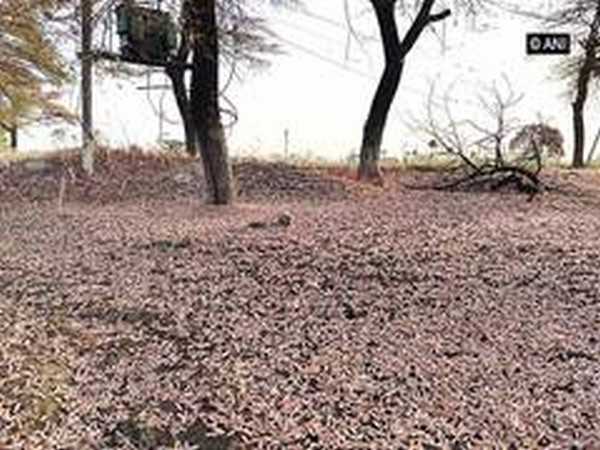No response from Pak over activation of communication channel to tackle locust problem: India
India on Thursday said that Pakistan has not yet responded to its suggestion for activation of communication channel for responding to the locust problem.

- Country:
- India
India on Thursday said that Pakistan has not yet responded to its suggestion for activation of communication channel for responding to the locust problem. "There is an existing local channel of communication with Pakistan. This is normally activated in June every year. Seeing the alarming situation, India suggested to activate the channel but there is no response from Pakistan yet," Ministry of External Affairs (MEA) spokesperson Anurag Srivastava said.
Last week, it was reported that to deal with a common enemy, New Delhi has proposed a coordinated response to tackle desert locust along the border to Pakistan and also offered to facilitate the supply of insecticide Malathion to Islamabad for the same. India had suggested to Pakistan that both countries should coordinate locust control operations along the border. India has also offered to supply pesticide Malathion to Iran to carry out desert locust control operations in its Sistan-Balochistan and South Khorasan provinces, sources had said.
The desert locust is a species of locust, a swarming short-horned grasshopper. They are known to devour everything in their path, posing an unprecedented threat to the food supply and livelihoods of millions of people. As per the Food and Agriculture Organisation of the United Nations (FAO) reports, in Iran, hopper bands of the locust are maturing along the southwestern coastal plains, and another generation of breeding is underway in the southeast where hatching is taking place on the coast and in the interior of Sistan-Balochistan.
In Pakistan, adult groups are migrating to the Indian border from breeding areas in Balochistan where hopper groups are present as well as in Pakistan's Punjab and Khyber Pakhtunkhwa provinces. In India, more adult groups and small swarms have arrived from Pakistan in the past weeks and moved east into Rajasthan, reaching Jodhpur. (ANI)
(This story has not been edited by Devdiscourse staff and is auto-generated from a syndicated feed.)
ALSO READ
"Awesome, fantastic": Sunrisers skipper Cummins lauds Nitish Reddy for all-round show in win against Punjab
Son of former Punjab minister arrested for heroin possession in Shimla along with 4 others
Drugs, liquor, cash worth Rs 192 crore seized in Punjab since enforcement of poll code
Delhi, Punjab Police to chalk out security plan for Kejriwal-Mann jail meet
Tihar, Delhi, Punjab Police officials to discuss security plan for Mann-Kejriwal meet on Friday










